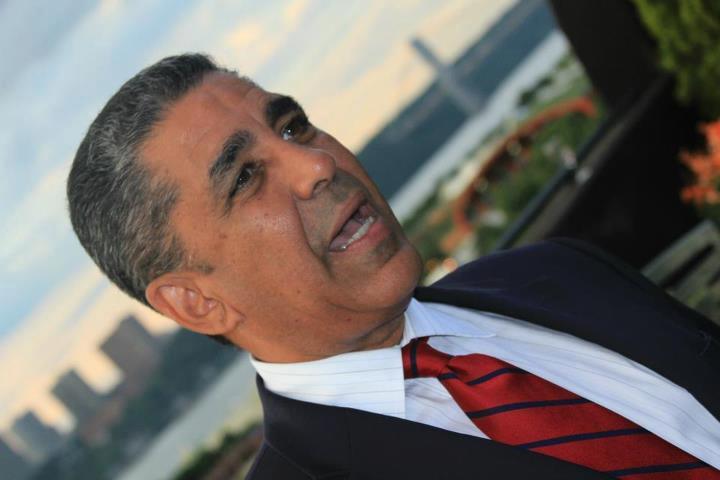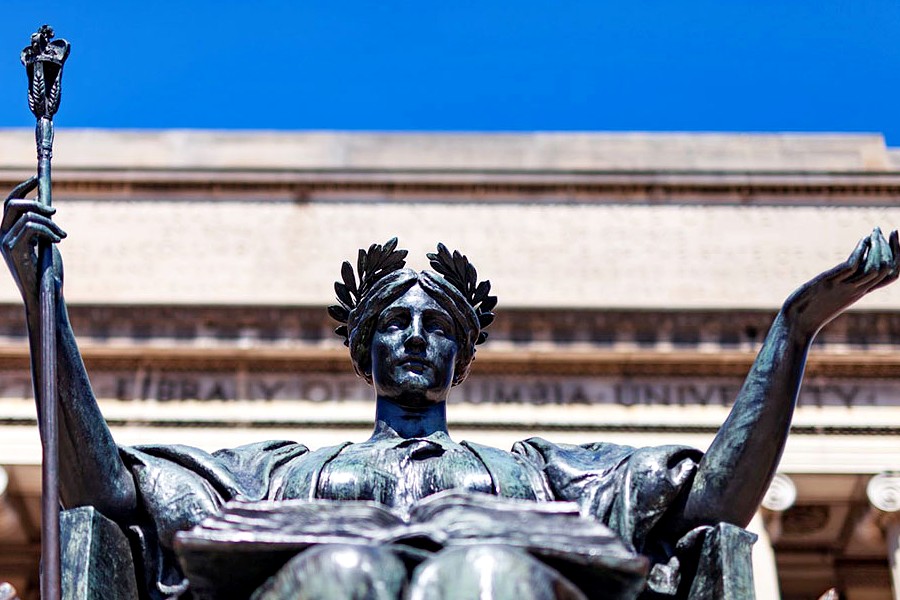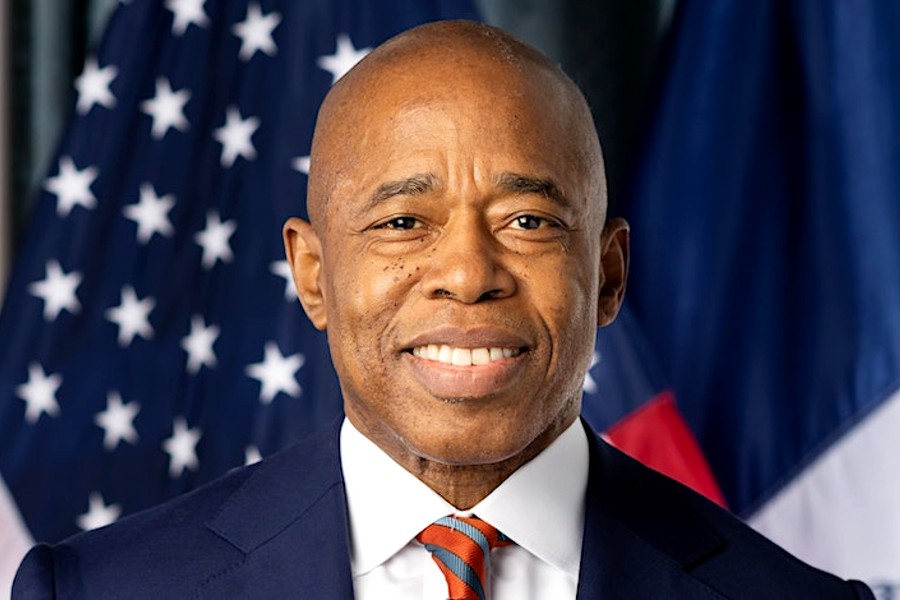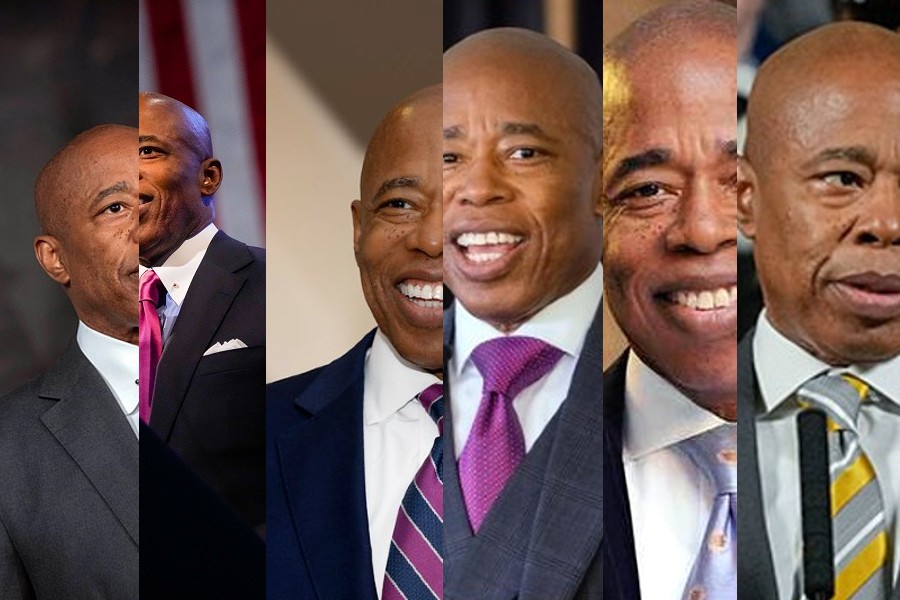 Today, Congressman Adriano Espaillat, hosted a Member roundtable to discuss the impact of Section 232 tariffs on the Dominican Republic and continued efforts to rebuild Puerto Rico.
Today, Congressman Adriano Espaillat, hosted a Member roundtable to discuss the impact of Section 232 tariffs on the Dominican Republic and continued efforts to rebuild Puerto Rico.
The Dominican Republic accounts for less than 0.1% of total U.S. steel and aluminum imports, and the majority of the steel shipped in 2017 was rebar to Puerto Rico.
Throughout the ongoing recovery initiative, the Dominican Republic has been a principal resource for the revitalization of Puerto Rico’s infrastructure. Though they are not shipped to the mainland U.S., concrete reinforcement bars—collectively known as rebar—that are exported from the Dominican Republic to Puerto Rico are crucial to rebuilding the island’s infrastructure post Hurricane Maria. The Dominican Republic accounts for less than 0.1% of total U.S. steel and aluminum imports, and the majority of the steel shipped in 2017 was rebar to Puerto Rico.
“I am deeply concerned by President Trump’s off-the-cuff decision to apply tariffs on foreign steel and aluminum imports, which adversely impacts businesses, drives up costs for consumers, and limits our ability to negotiate. The Dominican Republic has been providing aluminum products to help rebuild Puerto Rico, and a tariff of this significance dangerously impacts our efforts and delay our efforts to rebuild the island,” said Rep. Adriano Espaillat.
“The decision to impose tariffs on steel imports under Section 232, like most decisions this President makes, was made in haste and without thinking through the complex consequences. Am I at all confident that the President considered the impact of such tariffs on the Caribbean as they begin to face another unpredictable hurricane season? Absolutely not. Which is why I so appreciate my colleague, Representative Espaillat, for pulling this roundtable of experts together to more closely examine how these tariffs may impact the U.S. citizens on the island of Puerto Rico and their close neighbors in the Dominican Republic,” said Rep. Luis Gutiérrez (IL-04).
“Not only has this Administration bungled the response to Hurricane Maria since the beginning, but now through reckless, ill-conceived trade policies they are potentially further jeopardizing Puerto Rico’s recovery. I’m pleased my colleague has hosted this valuable discussion,” said Rep. Nydia Velázquez (NY-07).
“In addition to this free trade agreement, there are security commitments, in which the Dominican Republic plays an important role, both in the fight against drug trafficking and against terrorism in the region. These actions and the friendship and cooperation relationship between both countries, justify that the government of the United States take into consideration the Dominican Republic and its steel industry to be excluded from the tax measures to this productive sector,” said Ambassador José Tomas Pérez, Ambassador Extraordinary and Plenipotentiary of the Dominican Republic to the United States.
Today’s Member roundtable discussion was attended by Members of the Democratic Caucus, José Tomas Pérez, Ambassador Extraordinary and Plenipotentiary of the Dominican Republic to the United States; Charles Mariotti, Senator and President of the Commission of Industry of the Dominican Senate; Yahaira Sousa, Vice Minister of the Ministry of Industry and Commerce; Carlos Espaillat, Embassy of the Dominican Republic in Washington, D.C.; Cesar Dargam, Executive Vice President of CONEP; José Miguel Vega, Commercial Director of Gerdau METALDOM; and Anyarlene Bergés, Vice President of Communications and Institutional Relations of INICIA.
To find out more about Rep. Espaillat, visit online at espaillat.house.gov/
Spanish language text included below;
Hoy, el congresista Adriano Espaillat (NY-13) encabezó una mesa redonda de Miembros para discutir el impacto para la República Dominicana de la Sección 232 de la Ley de Expansión Comercial sobre la imposición de aranceles, y de los continuos esfuerzos para reconstruir Puerto Rico.
En toda la iniciativa de recuperación que está en curso, República Dominicana ha sido un recurso principal para la revitalización de la infraestructura de Puerto Rico. Aunque no se envían a Estados Unidos continental, las barras de refuerzo de hormigón -conocidas colectivamente como varillas de acero-, que se exportan de la República Dominicana a Puerto Rico son cruciales para la reconstrucción de la infraestructura de la isla después del paso del huracán María. La República Dominicana representa menos del 0.1% del total de las importaciones de acero y aluminio de los EE.UU., y la mayoría del acero enviado en 2017 fue de varilla a Puerto Rico.
“Estoy profundamente preocupado por la decisión improvisada del presidente Trump de aplicar aranceles a las importaciones extranjeras de acero y aluminio, lo que afecta negativamente a las empresas, aumenta los costos para los consumidores y limita nuestra capacidad de negociación. La República Dominicana ha estado suministrando productos de aluminio para ayudar a reconstruir Puerto Rico, y un arancel de esta importancia impacta peligrosamente y demora nuestros esfuerzos para reconstruir la isla”, dijo el congresista Adriano Espaillat (NY-13).
“La decisión de imponer aranceles a las importaciones de acero bajo la Sección 232, como la mayoría de las decisiones que toma este Presidente, se hizo a toda prisa y sin pensar en las complejas consecuencias. ¿Puedo asegurar que el Presidente consideró el impacto de tales aranceles en el Caribe mientras comienzan a enfrentar otra impredecible temporada de huracanes? Absolutamente no. Por eso aprecio tanto a mi colega, el congresista Espaillat, por reunir esta mesa redonda de expertos para examinar más de cerca cómo estos aranceles pueden afectar a los ciudadanos estadounidenses en la isla de Puerto Rico y sus vecinos cercanos en la República Dominicana”, dijo el congresista Luis Gutiérrez (IL-04).
“Esta Administración no solo ha fallado en dar una respuesta efectiva ante el huracán María desde el principio, sino que ahora, a través de políticas comerciales temerarias e imprudentes, está poniendo potencialmente en peligro la recuperación de Puerto Rico. Me complace que mi colega haya organizado esta valiosa discusión”, dijo la congresista Nydia Velázquez (NY-07).
“En adición al acuerdo de libre comercio (entre la República Dominicana y Estados Unidos), se encuentran los compromisos en materia de seguridad, en los cuales la República Dominicana juega un papel importante, tanto en la lucha contra el narcotráfico como contra el terrorismo en la región. Estas acciones y la relación de amistad y cooperación entre ambos países, justifican que el gobierno de los Estados Unidos tome en consideración a la República Dominicana y a su industria del acero para ser excluida de las medidas impositivas a este sector productivo”, dijo José Tomás Pérez, embajador Extraordinario y Plenipotenciario de la República Dominicana ante los Estados Unidos.
La mesa redonda de los Miembros de hoy contó con la participación de los miembros del Caucus Demócrata, José Tomás Pérez, embajador Extraordinario y Plenipotenciario de la República Dominicana ante los Estados Unidos; Charles Mariotti, senador y presidente de la Comisión de Industria del Senado dominicano; Yahaira Sousa, viceministra del Ministerio de Industria y Comercio; Carlos Espaillat, Embajada de la República Dominicana en Washington, D.C.; César Dargam, vicepresidente ejecutivo de CONEP; José Miguel Vega, director comercial de Gerdau METALDOM; y Anyarlene Bergés, vicepresidenta de Comunicaciones y Relaciones Institucionales de INICIA.
Become a Harlem Insider!
By submitting this form, you are consenting to receive marketing emails from: . You can revoke your consent to receive emails at any time by using the SafeUnsubscribe® link, found at the bottom of every email. Emails are serviced by Constant Contact








